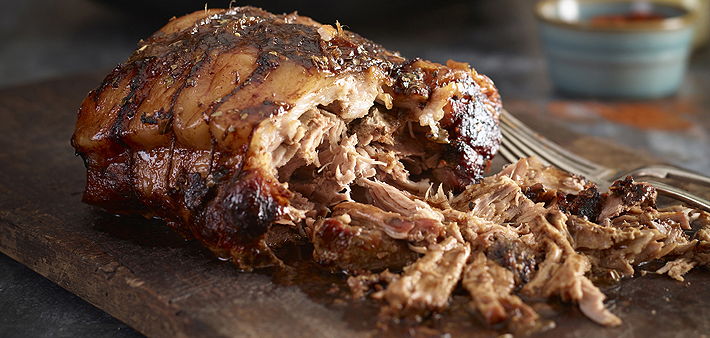The British Veterinary Association (BVA) has welcomed the results of a Food Standards Agency (FSA) study, showing the risk to consumers of contracting antibiotic-resistant infections through handing and eating meat was low.
The FSA risk assessment on MRSA and LA-MRSA looked at the risks associated with the preparation, handling and consumption of foodstuffs in the UK which may be contaminated with MRSA, in particular LA-MRSA. The assessment concluded that by following the FSA’s advice to practise good food and kitchen hygiene and to cook meat thoroughly, including washing hands and kitchen equipment after touching raw meat, the risk to humans was very low.
John Fishwick, Junior Vice President of the British Veterinary Association, said: “The outcome of this risk assessment is very positive news and we would encourage everyone to follow the FSA’s advice around food hygiene when storing, preparing and handling meat. These results also demonstrate the importance of vets in every step of the process, from farm to fork, to prevent disease and ensure good animal health and welfare.
“LA-MRSA is a resistant bacterium which has been identified in livestock in various countries throughout the world, although cases are rare in UK herds. However, it’s vital we don’t become complacent. It is highly important that vets continue to lead the way in encouraging the responsible use of antibiotics, to ensure valuable antimicrobials remain effective and that diseases and infections can be efficiently treated.
“BVA will continue to promote the responsible use of antimicrobials. These drugs are crucial for the maintenance of animal health and there are many innovative and important developments happening in the poultry, pig and other sectors to promote good practice for antibiotic use and explore alternative measures. We are also working closely with RUMA to further this message. It is only through using these drugs responsibly, alongside good biosecurity, that disease such as MRSA can remain uncommon in UK herds.”




